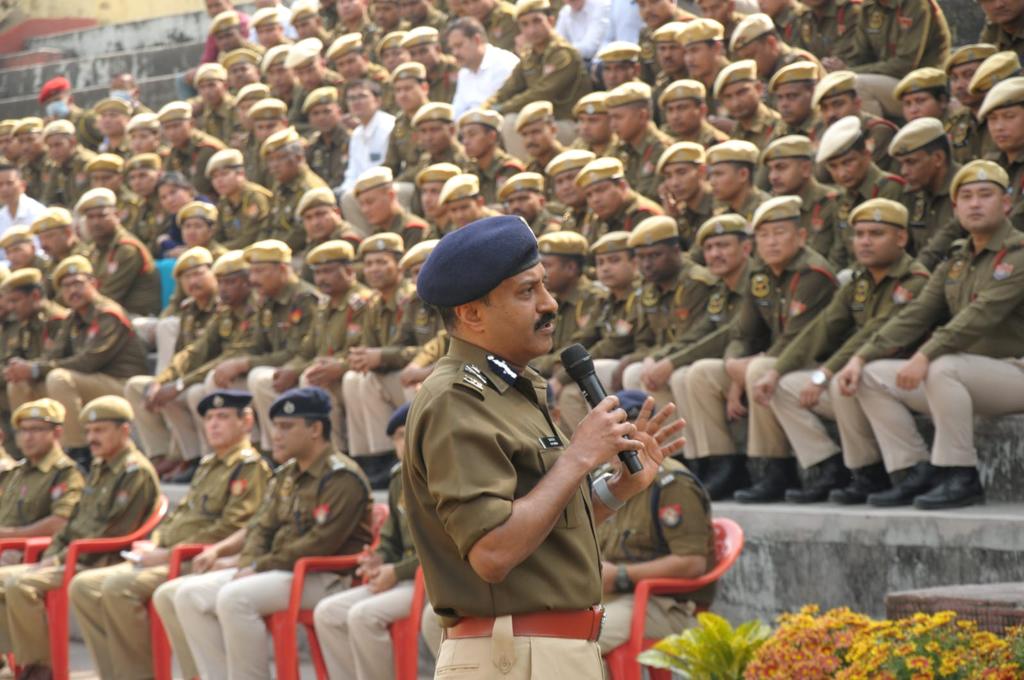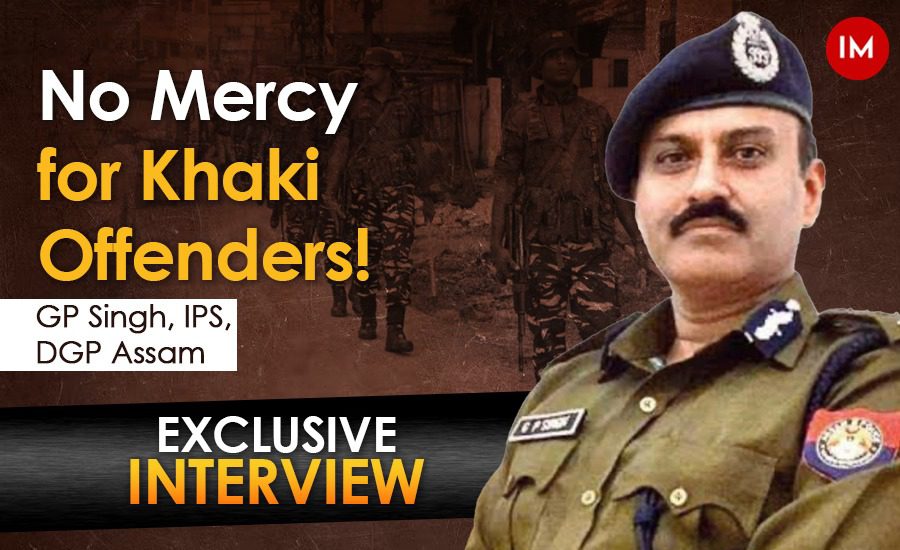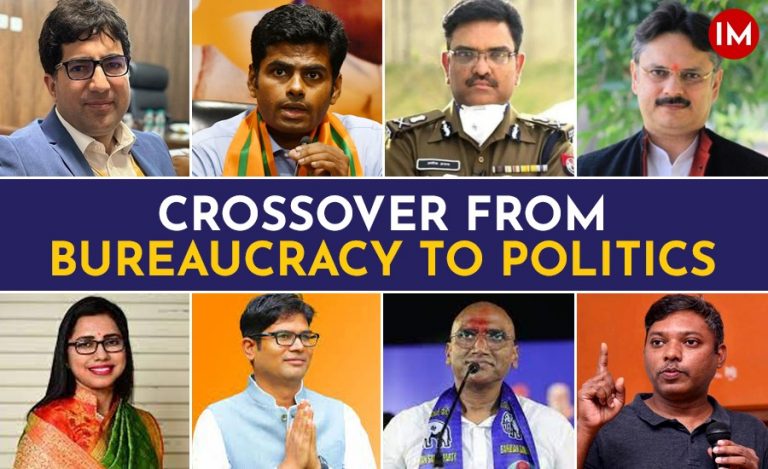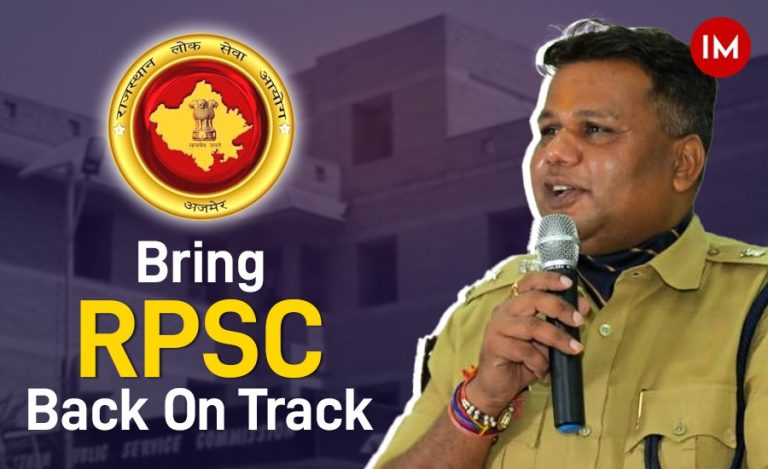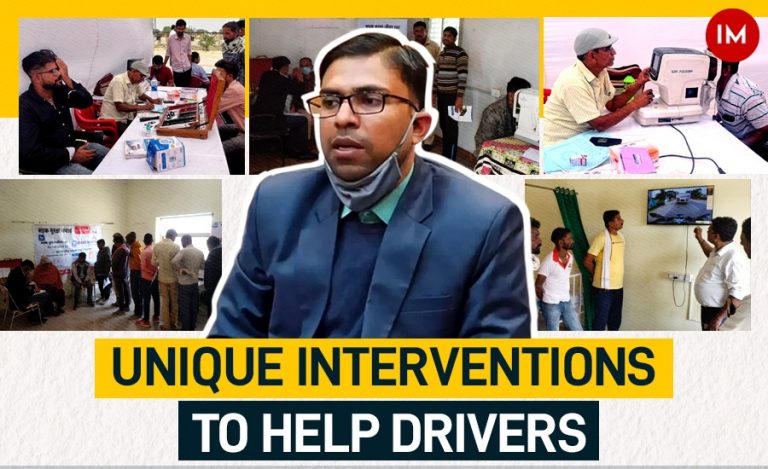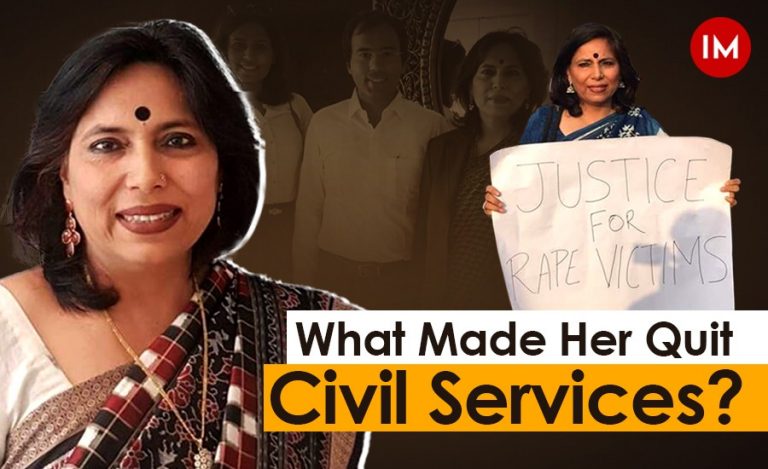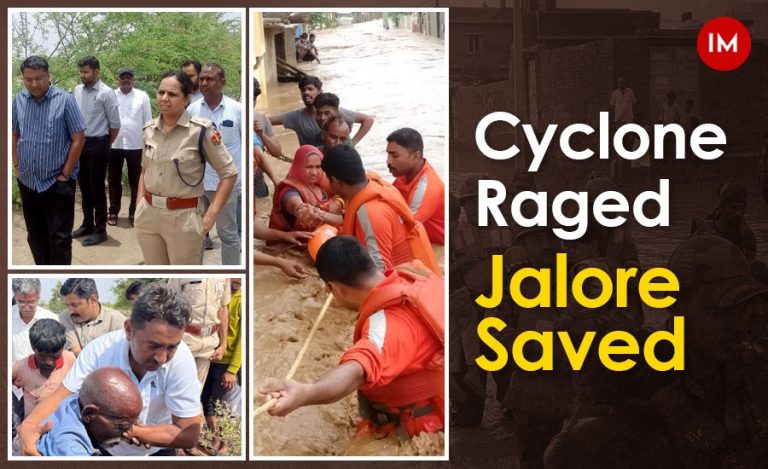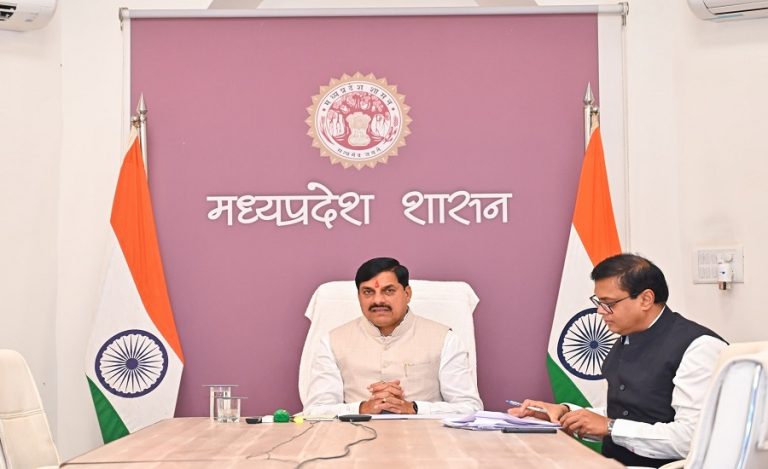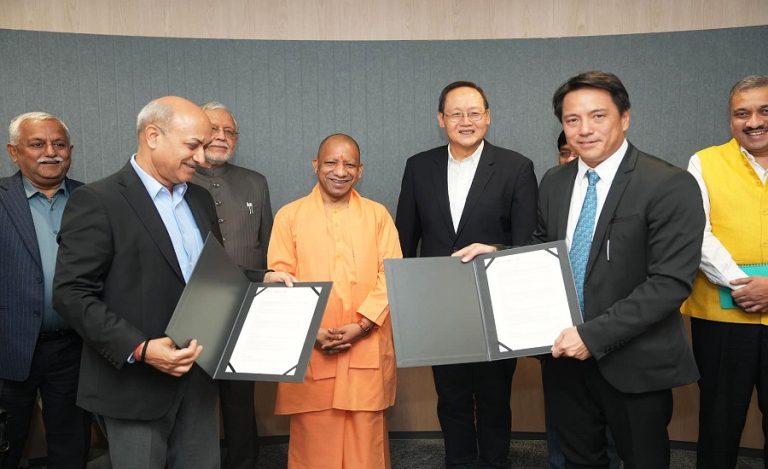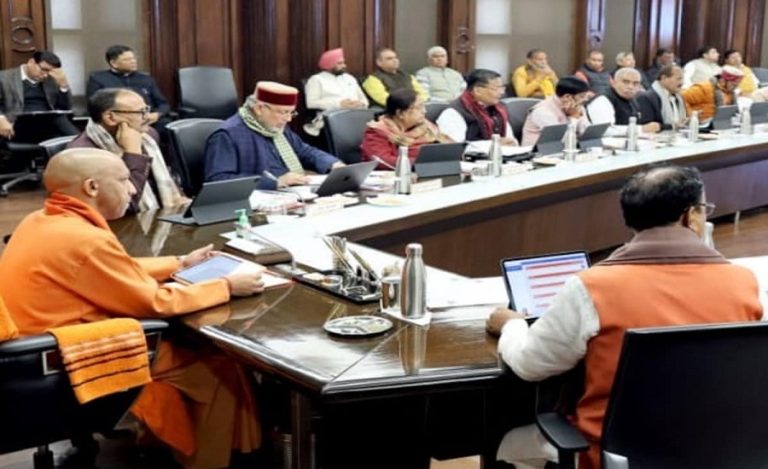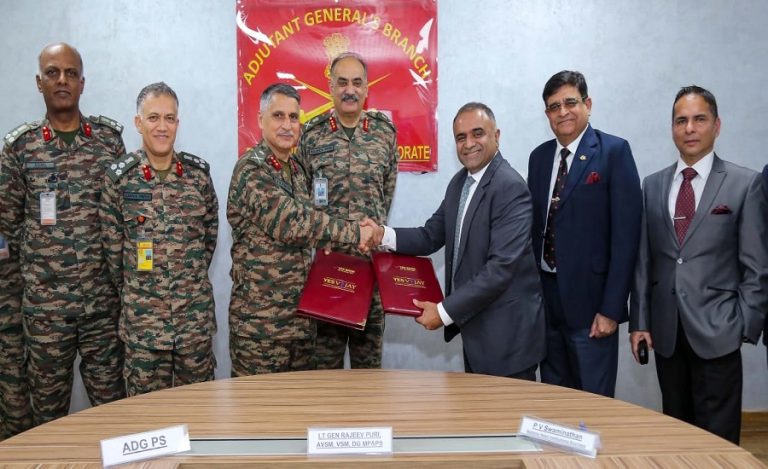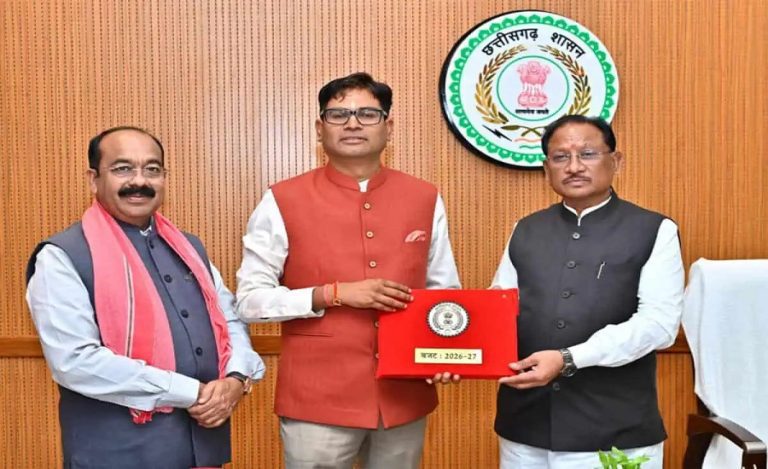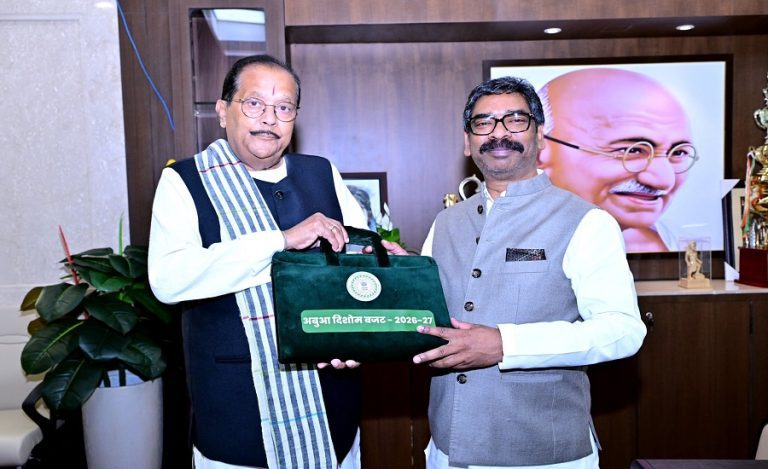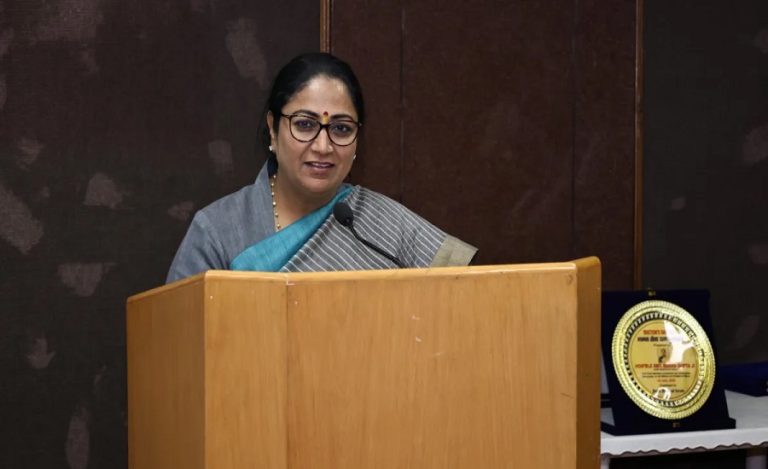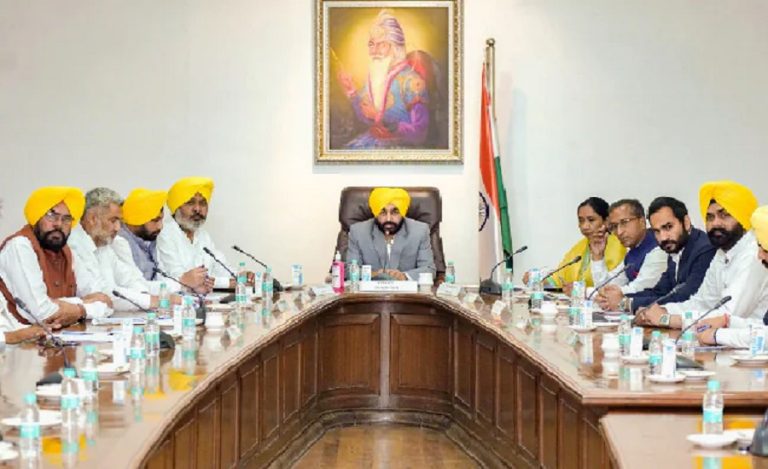Assam’s Director General of Police, Mr. Gyanendra Pratap Singh, IPS, has a penchant for being in news through his rather bold initiatives. There have been times, when his tough actions have also created controversies, with scribes and activists questioning the need for such harsh steps. However, Mr. Singh is unrelenting and unapologetic when it comes to maintaining law and order, like it was witnessed during the anti-CAA movement in Assam. At its peak, when the situation was rapidly getting out of control, the Centre sent Mr. Singh to the state to quell the disturbances. And, he lived up to the expectation and his reputation.
He is once again in news, this time for handing out stringent punishment to his own men. He has been on a dismissal spree of policemen found to be involved in serious misconduct, brutality and corruption, inviting public appreciation from the Indian Police Foundation.
In an exclusive no-holds-barred interview to Indian Masterminds, DGP Assam, Mr. GP Singh, spoke candidly about why he feels his “ruthless” actions are justified and why the dismissal of police personnel involved in serious cases would continue till the system is cleaned up. He also gave us a glimpse of a lesser known side of him, a side that is known only to his family and very close circle. Here is the full interview!
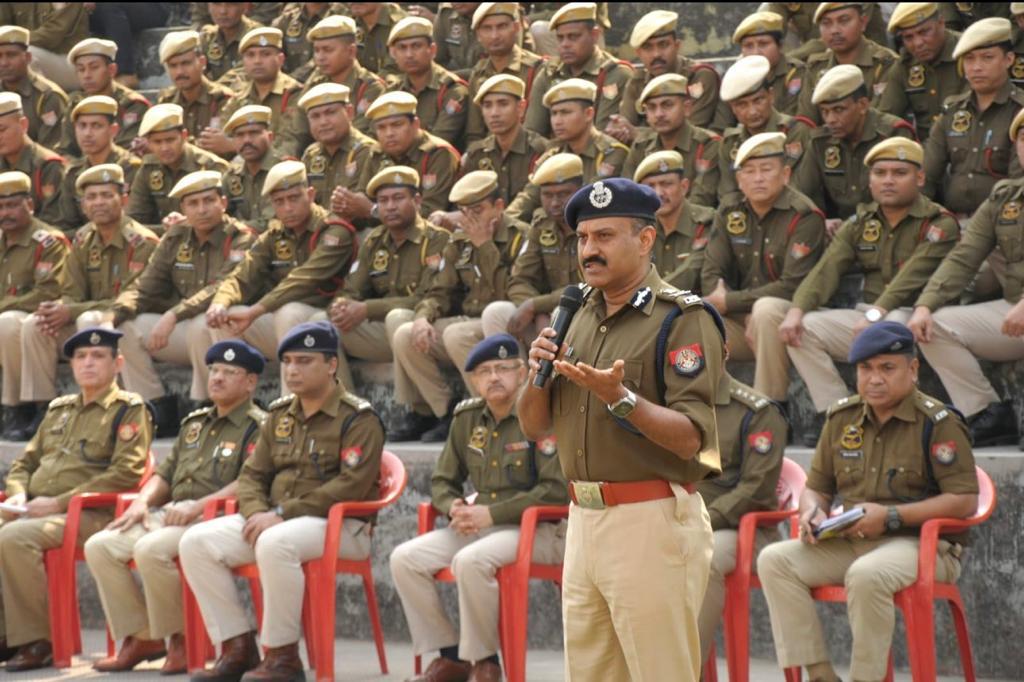
Recently, you dismissed two police officials from service, one after the other, in quick succession. What made you take this extreme step?
After assuming the office of the Head of Police Force of Assam, I had made it clear that ‘Izzat of Khaki’ was of utmost importance to me. I had conveyed to the personnel of Assam Police that anyone arrested in criminal activities or while accepting bribe would face strongest permissible departmental action. In pursuance to that, we have dismissed 24 police personnel of different ranks since February 1, 2023.
Do you think this step will deter other policemen from committing criminal offences?
It conveys the approach of the police leadership in no uncertain terms. The message is loud and clear, that the ‘Lakshman Rekha’ cannot be crossed by any policeman irrespective of the rank. I am sure, over the period, police fraternity would realise that this is the new normal and the aberrant ones would start falling in line. The policy of reward and punishment is an ongoing process and would lead to an institutional change in the working ethos of Assam Police.
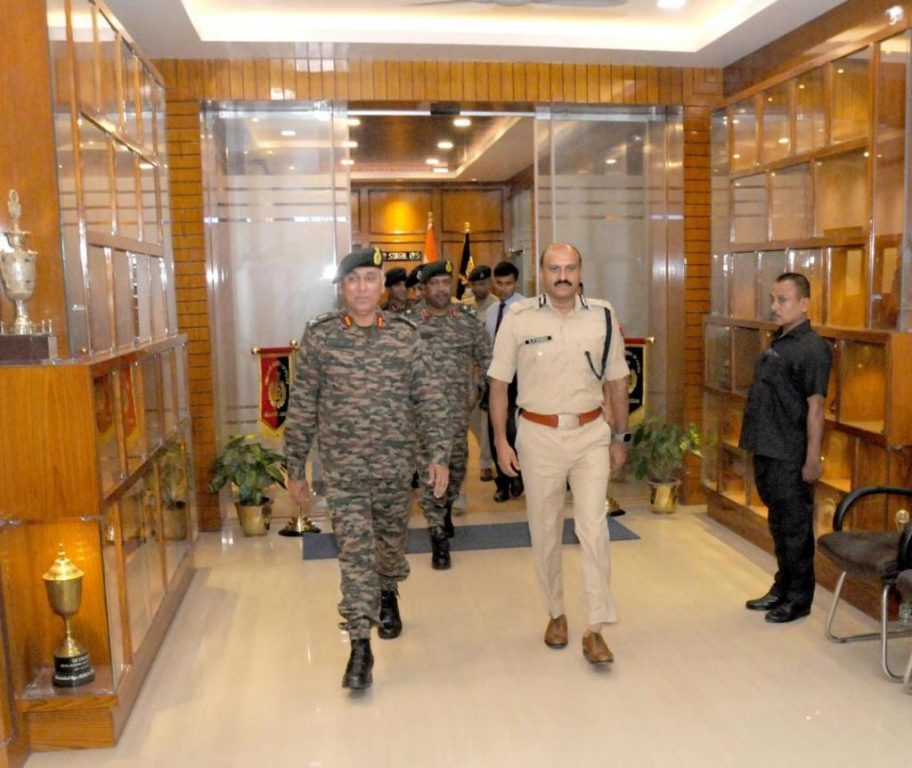
How did you decide that those two cases are rarest of the rare, and calls for dismissal. The bribe taking case especially, considering every other day, someone or the other (government servant) gets caught.
The rarest of rare was the incident where an Inspector In charge of Ghograpar Police Station in Nalbari district took objectionable photographs of a young girl who was at police station for safe custody. For each policeman, the police station is a temple and the safest refuge for the citizens. If such an incident takes place in the police station, it has to be treated as rarest of rare and most severe punishment possible has to be awarded to the perpetrators. I had myself visited the Police Station and after being convinced of the genuineness of the allegations, I decided to exercise authority vested in me as the Director General of Police and Head of Police Force of Assam, and in accordance with extant law and rules, I decided to dismiss the said Inspector from Assam Police.
You have been appreciated for applying zero tolerance policy with poachers and drug sellers. And, now, you have brought this policy into your own department. Do you think, in some way, it can have a negative effect? Being scared and having to tip toe around can make people vulnerable to getting demoralized at times.
Punishment and reward go hand in hand. I am extremely liberal in giving rewards to deserving policemen wherever they have done good work. At the same time, I am firm in awarding punishment for aberrant acts. We are the primary regulatory arm of the State, and we can implement the mandate only if we are fair, neutral, transparent, and above all seen and known to adhere to rules and laws ourselves. There may be bonafide mistakes in discharge of duty by the policemen for which there are corrective mechanisms, including retraining, capacity building, and counselling. However, if the act is with maleficent intent, then it cannot and should not go unpunished. Besides, we are working with the state government to improve the working and living conditions of our policemen. Every step taken in this direction is a step forward.
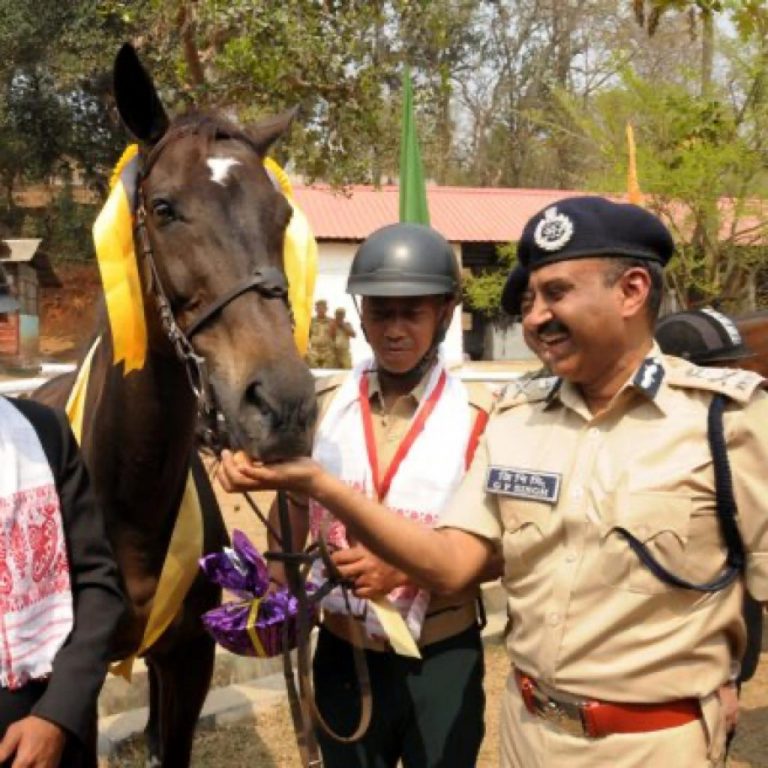
Will these dismissals be a regular affair now, or those were isolated cases to set an example and, at the same time, improve the image of Assam Police, which was dented a little by the actions of the dismissed officials, especially the former OC in question.
In 2020, when I took the additional charge of the Directorate of Vigilance & Anti-Corruption, I had mentioned that V&AC would act against the policemen along with other government officials. The effort has continued under the present Director. At that time, itself, I was of the view that those government officials including policemen arrested in trap cases should face severest departmental action (dismissal from service being the severest). Now as DGP & HoPF Assam, I am in a position to decide the course of action in such cases, and also those where involvement of police men in criminal acts is maleficent in nature, and I would not hesitate to take severest action.
It is due to circumstances of dismissal of Inspector of Nalbari district that this issue has gotten so much publicity. We have been handing out such severe punishments since February and till date we have dismissed 24 police personnel. In this exercise, I have full support of the Government of Assam, especially the hon’ble Chief Minister. We have passed on the details of all government officials arrested in trap cases since May 10, 2021, to the Government. I hope that all departments take similar action against government servants arrested red-handed in trap cases.
In such cases of arrest of policemen in trap cases, where punishment has already been awarded and is less severe that what has been indicated in preceding paragraphs, Assam Police HQ is referring the issue to the Government, which has vested power to enhance the punishment.
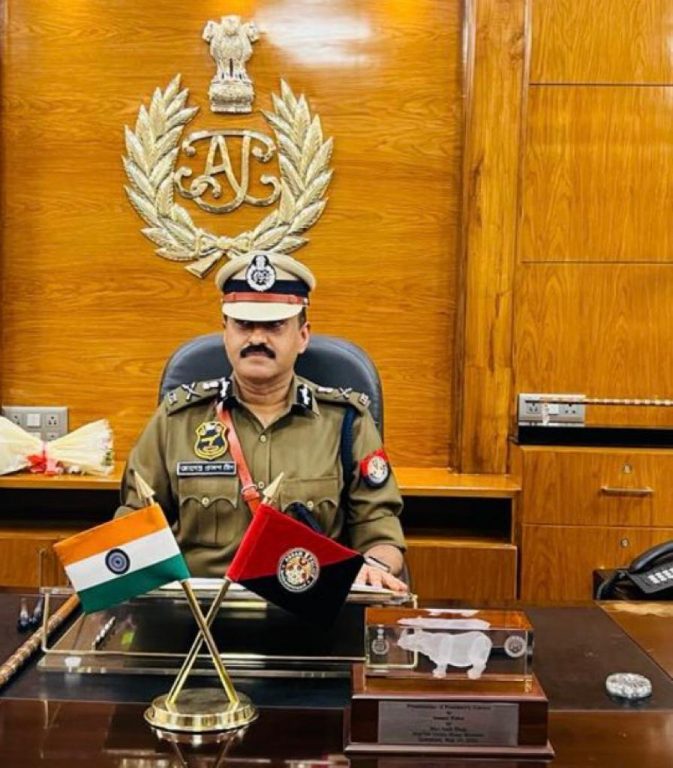
This is a little personal. You are known as a very tough police officer, especially hard on crimes and criminals. Unrelenting when it comes to enforcing law and order. Are you the same inside? Or, the tough exterior hides a softer interior. A side that is revealed only to chosen ones.
Having a firm resolve is an inherent trait. I am not tough, but I am firm in implementing the law in full. If law allows me to take tough action, I do not hesitate. No one who doesn’t deserve tough action faces the same. I am slightly introvert, keep to myself and avoid limelight without being afraid of facing the situation, people or media, where required.
What do you like to do or enjoy doing when not policing?
I love spending time with my family. They are my driving force and my compass of right and wrong. They are my strongest and harshest critics. They are my conscience keeper, barometer of the righteousness of my decisions and decision making. I spend available time in reading literature of contemporary and professional interest.
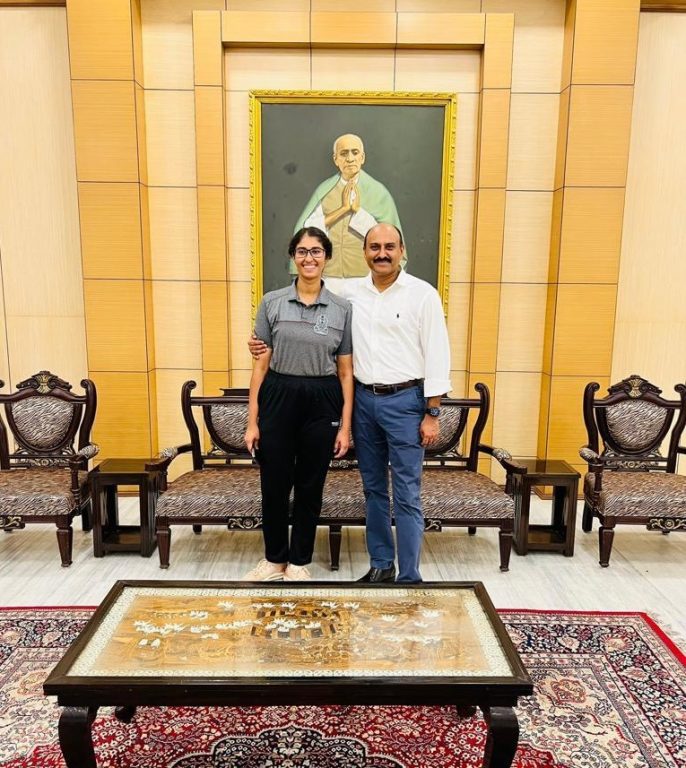
Anything else you would like to say, maybe a message for young IPS officers and aspirants, who look up to you as a role model.
Young IPS officers should live and work for the ‘Izzat of the Khaki’ that they wear. They should let their own conscience be the judge of their words and action. For civil society, I have just one thing to say – Police is a microcosm of the society; police can only become better when society improves, not the other way round as many people, including policemen, would want to believe or make others believe.
